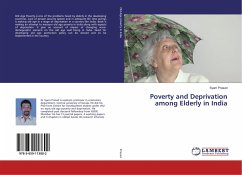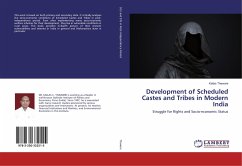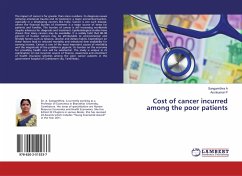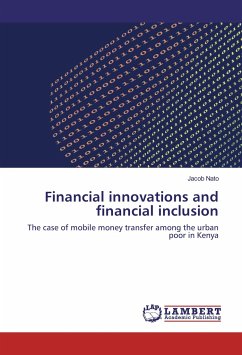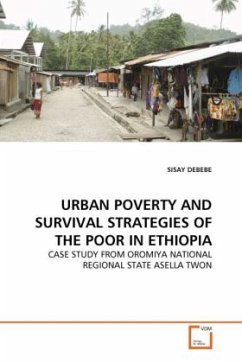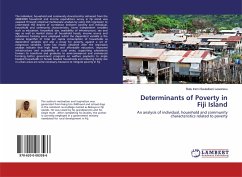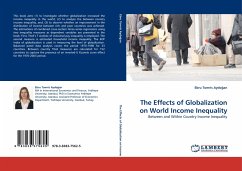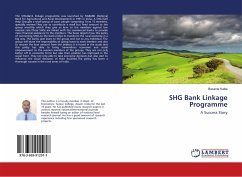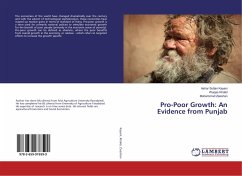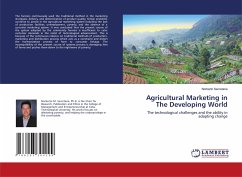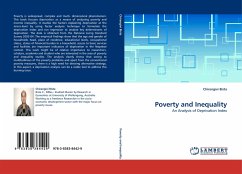
Poverty and Inequality
An Analysis of Deprivation Index
Versandkostenfrei!
Versandfertig in 6-10 Tagen
39,99 €
inkl. MwSt.

PAYBACK Punkte
20 °P sammeln!
Poverty is widespread, complex and multi- dimensional phenomenon. This book focuses deprivation as a means of analyzing poverty and income inequality. It studies the factors explaining deprivation at the micro-level by using factor analysis technique to formulate the deprivation index and run regression to analyse key determinants of deprivation. The data is obtained from the National Living Standard Survey 2003-04. The empirical findings show that the age and gender of households head, place of residence, educational levels, occupational status, status of financial burden in a household, acce...
Poverty is widespread, complex and multi- dimensional phenomenon. This book focuses deprivation as a means of analyzing poverty and income inequality. It studies the factors explaining deprivation at the micro-level by using factor analysis technique to formulate the deprivation index and run regression to analyse key determinants of deprivation. The data is obtained from the National Living Standard Survey 2003-04. The empirical findings show that the age and gender of households head, place of residence, educational levels, occupational status, status of financial burden in a household, access to basic services and facilities are important indicators of deprivation in the Nepalese context. This work might be of relative importance to researchers, scholars, academia and student who are interested in the area of poverty and inequality studies. The analysis clearly shows that owing to multitudinous of the poverty problems and apart from the conventional poverty measures, there is a high need for devising alternative strategy. In this aspect, a deprivation analysis can be a viable tool to address this burning issue.



